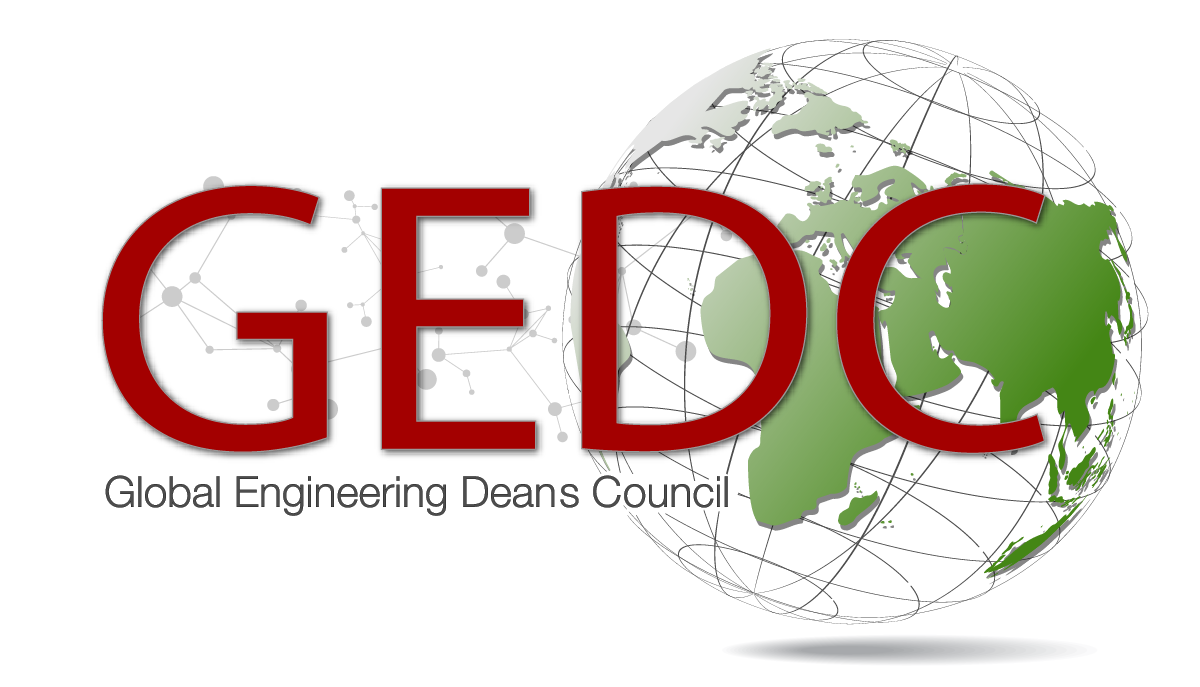In the last 20 years, there have been numerous international reviews of engineering education, that have all recommended much the same changes: a re-balancing of the theory-practice components of professional engineering education, and the inclusion of more “real-world” problems with a focus on addressing societal needs.
It is also now clear that young engineers need more exposure to digital engineering, which is, increasingly, the focus of engineering practice. Engineering programs are also expected to make more use of e-learning and work integrated learning. It is likely that greater sharing of good practice will also be required.
This webinar will summarise this changing environment and outline the changes required at program and subject levels, through the integration of project-based and studio-based learning. Details of implementations at the University of Technology Sydney will illustrate how academic colleagues can be supported in making widespread curriculum change in traditional disciplines.
There will be time to consider how this might work in your program and there will be time to interact with colleagues from other places, plus time to ask questions.

Dr. Roger Hadgraft is a civil engineer with more than 25 years of experience in improving engineering education. He has published many papers on problem- and project-based learning (PBL), and the use of online technology to support student-centred learning to meet the needs of engineering employers. He was instrumental in introducing a project-based curriculum in civil engineering at Monash University and in several disciplines at RMIT. He established the Master of Sustainable Practice and Bachelor of Sustainable Systems Engineering, both at RMIT. Roger was an ALTC Discipline Scholar and has been a member of several national learning and teaching projects and he has consulted on PBL to universities both nationally and internationally. His current passion is to develop national approaches to engineering curricula.
Please register in advance as soon as possible. After registering, you will receive a confirmation email containing information about joining the meeting. Space is limited.
This Webinar 2 will be offered at 10:00 am GMT (3 hours earlier than the rest of the webinars), in order to respect the time zone of the Speaker. We regret the inconvenience for those in some of the other time zones. Details of the Brent Felder Webinar Series are at HERE.

